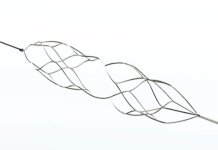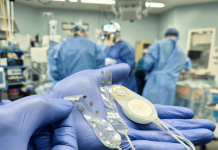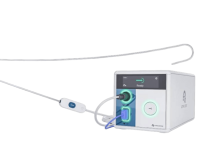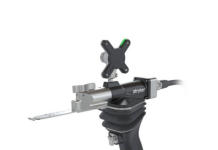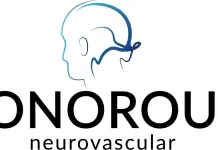Symphera, a Munich-based medtech startup revolutionising laparoscopic surgery, has raised €2.4 million in seed funding. The round was led by High-Tech Gründerfonds (HTGF), which is one of the most active early-stage investors in Europe, financing startups in the fields of deeptech, industrial tech, climatetech, Life Sciences and more.
Symphera latest round also saw participation from Bayern Kapital, CARMA FUND, UnternehmerTUM Funding for Innovators, Stern Stewart Ventures, IRCAD, and expert business angels.
Related: Openwater raises $100 Million in total funding
With the fresh capital, Symphera plans to advance the development of its product, conduct initial preclinical tests to initiate the preparation for the certification process. These steps are critical in bringing its technology closer to market, with the ultimate goal of transforming laparoscopic surgery and improving patient care.
Founded in 2023, Symphera was incubated at TU Munich and UnternehmerTUM, originating from the University Hospital in Basel. The company’s vision is to significantly simplify the surgical workflow, ultimately leading to greatly improved post-operative outcomes for patients.
Nico Weigand, its co-founder combines experience from high-tech startups (Revibe Energy and NavVis) and management consulting (Porsche Consulting) with a background in engineering. Conrad Heid is another co-founder with over 3 years as surgical resident at the University Hospital Basel and has extensive experience in laparoscopic surgery. Lastly, Philipp Preißler, a co-founder of Symphera completed mechanical engineering at TUM as well as his work as a freelance engineer. He has contacts to many other medtech startups as well as the UnternehmerTUM network.
Symphera works with the mission to align with the current trends in healthcare that aim to increase operating room efficiency and provide surgeons with better working environments.
To meet with its mission, the company has developed advanced surgical systems for laparoscopic procedures that automate tool-switching. Its technology makes manual instrument changes obsolete.
With the push of a button, surgeons can switch between instruments, similar to using a multi-pen. This allows surgeons to maintain full focus throughout the whole procedure. The goal is to simplify surgical workflows, reduce the operating time and improve post-operative outcomes for patients.
